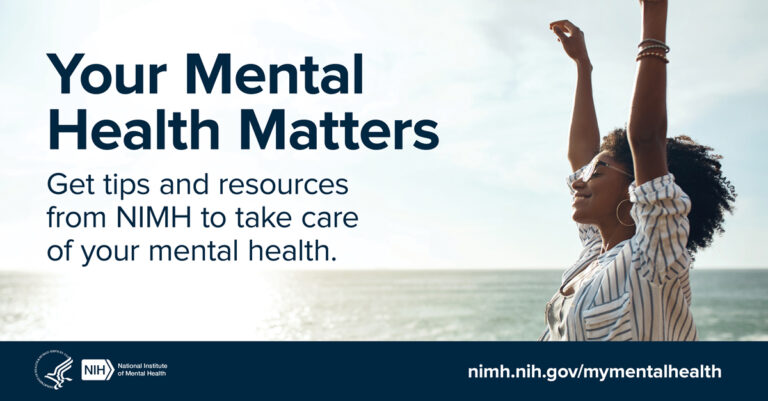Preview
Mental health includes emotional, psychological and social well-being. It affects the way we think, feel, act, make choices, and interact with others. Mental health is more than the absence of mental illness: it is essential to your overall health and quality of life. Self-care can play a role in maintaining your mental health and help support your treatment and recovery if you have a mental illness.
About self-care
Self-care means taking the time to do things that help you live well and improve your physical and mental health. When it comes to mental health, practicing self-care can help you manage stress, reduce your risk of illness, and increase your energy. Even small acts of self-care in your daily life can have a big impact.
Here are some tips to help you start taking care of yourself:
- Exercise regularly. Just 30 minutes of walking a day can help improve your mood and health. Small amounts of exercise add up, so don’t get discouraged if you can’t do 30 minutes at a time.
- Eat regular, healthy meals and stay hydrated. A balanced diet and plenty of water can improve your energy and concentration throughout the day. Also limit caffeinated drinks like soda or coffee.
- Make sleep a priority. Stick to a schedule and make sure you get enough sleep. Blue light from devices and screens can make it harder to fall asleep, so reduce exposure to blue light from your phone or computer before bed.
- Try a relaxing activity. Explore relaxation or wellness programs or apps, which may incorporate meditation, muscle relaxation, or breathing exercises. Schedule regular times for these and other healthy activities you enjoy, like journaling.
- Set goals and priorities. Decide what needs to be done now and what can wait. Learn to say “no” to new tasks if you start to feel like you’re doing too much. Try to be aware of what you ultimately accomplished, not what you couldn’t do.
- Practice gratitude. Remind yourself daily of the things you are grateful for. Be specific. Write them down in the evening or replay them in your mind.
- Focus on positivity. Identify and challenge your negative and unhelpful thoughts.
- Stay connected. Reach out to friends or family members who can provide emotional support and practical help.
Self-care is different for everyone, and it’s important to find what you need and enjoy. It may take some trial and error to discover what works best for you. Additionally, while self-care doesn’t cure mental illness, understanding what causes or triggers your mild symptoms and what coping techniques work for you can help you manage your mental health.
For more ideas for healthy practices for your mind, body, environment, and relationships, check out National Institutes of Health (NIH) Well-Being Toolkits .
When to seek professional help
Seek professional help if you experience severe or distressing symptoms that last 2 weeks or more, such as:
- Difficulty sleeping
- Appetite changes leading to unwanted weight changes
- I have trouble getting up in the morning because of my mood.
- Difficulty concentrating
- Loss of interest in things you usually find enjoyable
- Inability to perform usual daily duties and responsibilities
Don’t wait until your symptoms are overwhelming. Talk to your primary care provider about your concerns, who can refer you to a mental health professional if necessary. If you don’t know where to start, read the Tips from the National Institute of Mental Health (NIMH) for talking about your mental health with a health care provider. Learn more about how to get help or find a provider on the NIMH Help Webpage for Mental Illness.
What to do in the event of a crisis
If you or someone you know is struggling or having suicidal thoughts, call or text 988 Suicide and Crisis Lifebuoy has 988 or chat on 988lifeline.org . This service is confidential, free and available 24/7. In life-threatening situations, call 911.
For more information on suicide prevention, please visit NIMH Suicide Prevention Webpage.
related videos
An NIMH expert discusses managing stress and anxiety: Learn coping techniques to help you maintain your mental health during the COVID-19 pandemic and when to get professional help.
EXCELLENT: Useful practices for managing stress and anxiety: Discover useful practices for managing stress and anxiety. GREAT was developed by Dr. Krystal Lewis, a licensed clinical psychologist at NIMH.
Getting to know your brain: Managing stress: Test your knowledge about stress and the brain. Also learn how to create and use a “stress sensor» to put into practice strategies to manage stress.
Guided visualization: Managing stress: Learn how the brain deals with stress and practice a guided visualization activity.
Mental Health Update: Stress and anxiety in adolescents: Do you have 60 seconds? Take a mental health minute to learn more about stress and anxiety in teens.
